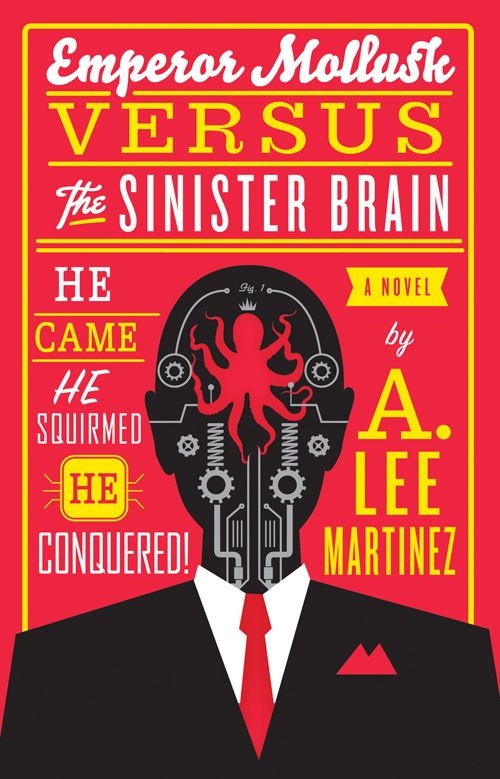Lots of people still don’t know this but apparently we’re supposed to hate hipsters now (see the Wikipedia link for its fumbling vagueness in trying to define an amorphous subculture). To see the backlash, witness McSweeney’s Hipster Logic Problems:
- Train A leaves from a platform that you probably never heard of traveling at 60 mph. Train B leaves one hour later from the same platform going 85 mph. How long will it take train B to catch up with train A, and which is going to an M83 concert?
- Theodore heard of Youth Lagoon before Max. Max heard of them after Cindy, but Cindy heard of them before Don. Who’s the bigger asshole?
The thing is, McSweeney’s is exactly the kind of website that hipsters frequent. In fact, I will bet actual money that the author of the piece would be labelled a hipster by most people who met him. The missing analytical tool, of course, is class, in that a hipster is invariably a middle class consumer with disposable income and/or university education, the better to buy the vintage t-shirts and recognize the literary allusions found in independent cinema so beloved by hipsters (which is not to say that every single hipster loves these things).
It’s fascinating how the hipster locates identity firmly in consumption. A hipster is not a hipster without also consuming in certain ways (clothes, movies, music, what-have-you). Hipsters are still not as bad off as, say, Japanese otaku, who, as Marxy says, “use consumerism as a therapeutic solution to their psychological and social problems”, which is to say that to be otaku is to consume otaku products, else one would not be otaku and would therefore have mainstream tastes and social skills and not need to fill a hole in one’s life with consumer goods targeted directly at oneself.
However, and unlike the otaku, part of the hipster identity also seems to be located in an obsession with authenticity. Outmoded technology and little-known media are admired as not just pure expressions of creativity; instead, the very act of selecting these products are also seen as expressions of the hipster’s own pure being. “Only the authentic can recognize authenticity” is the unspoken and unacknowledged motto behind hipster consumption. The second part of that motto is of course “Only the authentic can consume authentic products”, which is to say that “Only the authentic can buy authenticity”.
But one might ask, then, what is all this in aid of? What is authenticity for? Which question can only be answered with a syllogism: Authenticity is for being authentic.
To remove the answer from being useless, one might also say that the search for authenticity is the point and not capturing the authentic itself (for, like a rainbow, one cannot stuff it in one’s pockets). Clearly the rampant and relentless message of consumption that surrounds us all in a capitalist society has created strange pockets of, well, not counter-consumption, since there is no such thing, but rather alterna-consumption, or a different way of consuming in a capitalist society which still reaffirms the pre-existing capitalist order.
I do wish I had more time to tease out more analytical insights and further develop these ideas but I ain’t in grad school no more, I can’t be arsed to write more.
